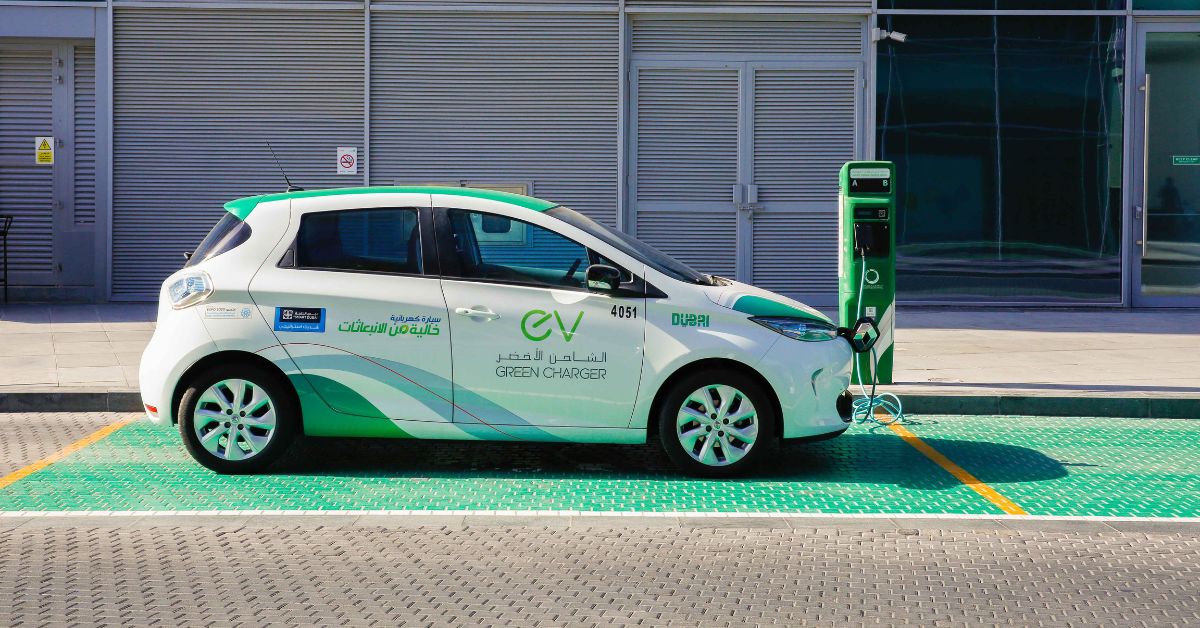DUBAI, UAE — In the heart of the oil-rich Middle East, a quiet revolution is taking place. Residents in the region are making the switch from gasoline-powered cars to electric vehicles (EVs), not just for the environment, but for their wallets too. But what’s driving this change? And how are countries in the region adapting to this new electric era?
While the global EV market has been surging, with sales hitting unprecedented milestones, the Middle East’s journey has been more gradual. Challenges such as high initial costs, limited charging infrastructure, and range anxieties have been roadblocks. Yet, with governments setting ambitious targets and the private sector stepping up, the tide is turning.
From the bustling streets of Dubai to the strategic plans in Saudi Arabia, the region is gearing up for an electric future. But it’s not without its challenges. Dive into our comprehensive report to discover the stories of early adopters, the strategies of governments, and the vision of industry leaders.

According to Arthur D Little’s Global Electric Mobility Readiness Index 2022, the UAE’s EV market is projected to grow at a CAGR of 30 percent through 2028. The UAE has one of the highest levels of EV acceptance, with 30 percent of UAE residents strongly considering purchasing an EV to aid the green transition.
The UAE government has set a target: by 2030, 25 percent of all new vehicles sold in the UAE should be EVs, with an estimated 3,100 electric cars and 9,300 hybrid cars in Dubai by 2023.
The government plans to have 1 million EVs on the roads by 2035, marking a significant shift in the country’s transportation sector and aiding in reducing air pollution and greenhouse gas emissions.
“The UAE market is one of the fastest-growing EV markets in the world,” says Hasan Nergiz, Managing Director of Al-Futtaim Electric Mobility Company. According to the company’s internal group estimates, 12,000 to 15,000 EVs were sold in the UAE last year, out of a total of 225,000 passenger cars sold in the UAE.
“Six to seven percent of the total passenger cars sold were EVs, which demonstrates that there is still enormous potential for growth in this area. We estimate that in 2023, the total percentage of EVs sold in the UAE will reach 9 to 10 percent – amounting to 20,000 passenger car units in total,” he told TRENDS.
With the world watching and the clock ticking on environmental targets, the stakes have never been higher. As the UAE declares 2023 the ‘Year of Sustainability,’ and with global conferences on the horizon, the push for green mobility is …
Join us as we navigate the electric highways and byways of the Middle East, exploring the challenges, triumphs, and the road ahead. From individual stories to national strategies, get a comprehensive view of the region’s electric ambitions. To read the full report, click here.

